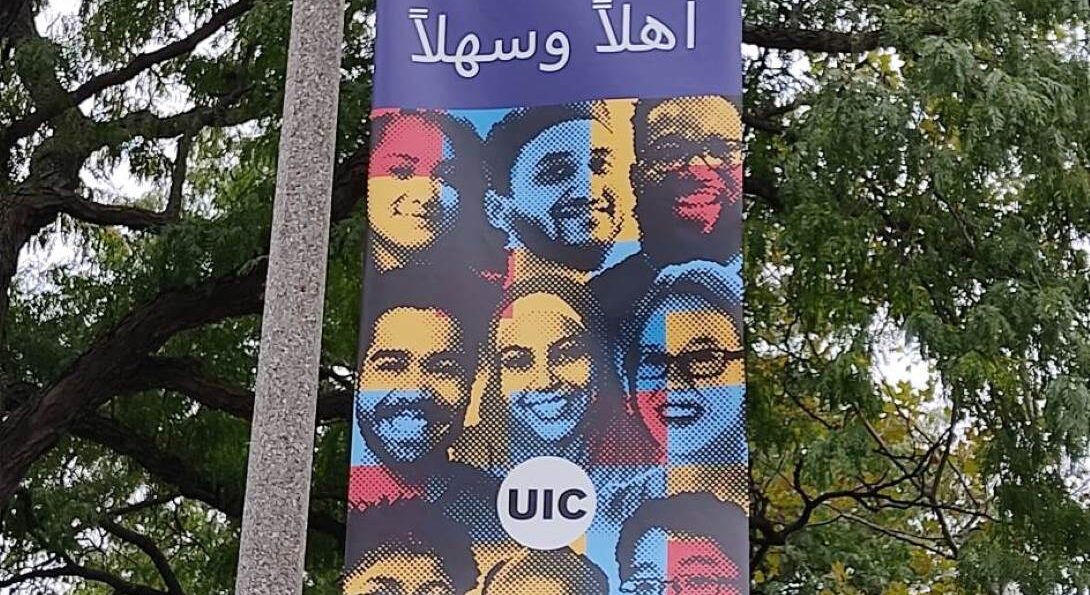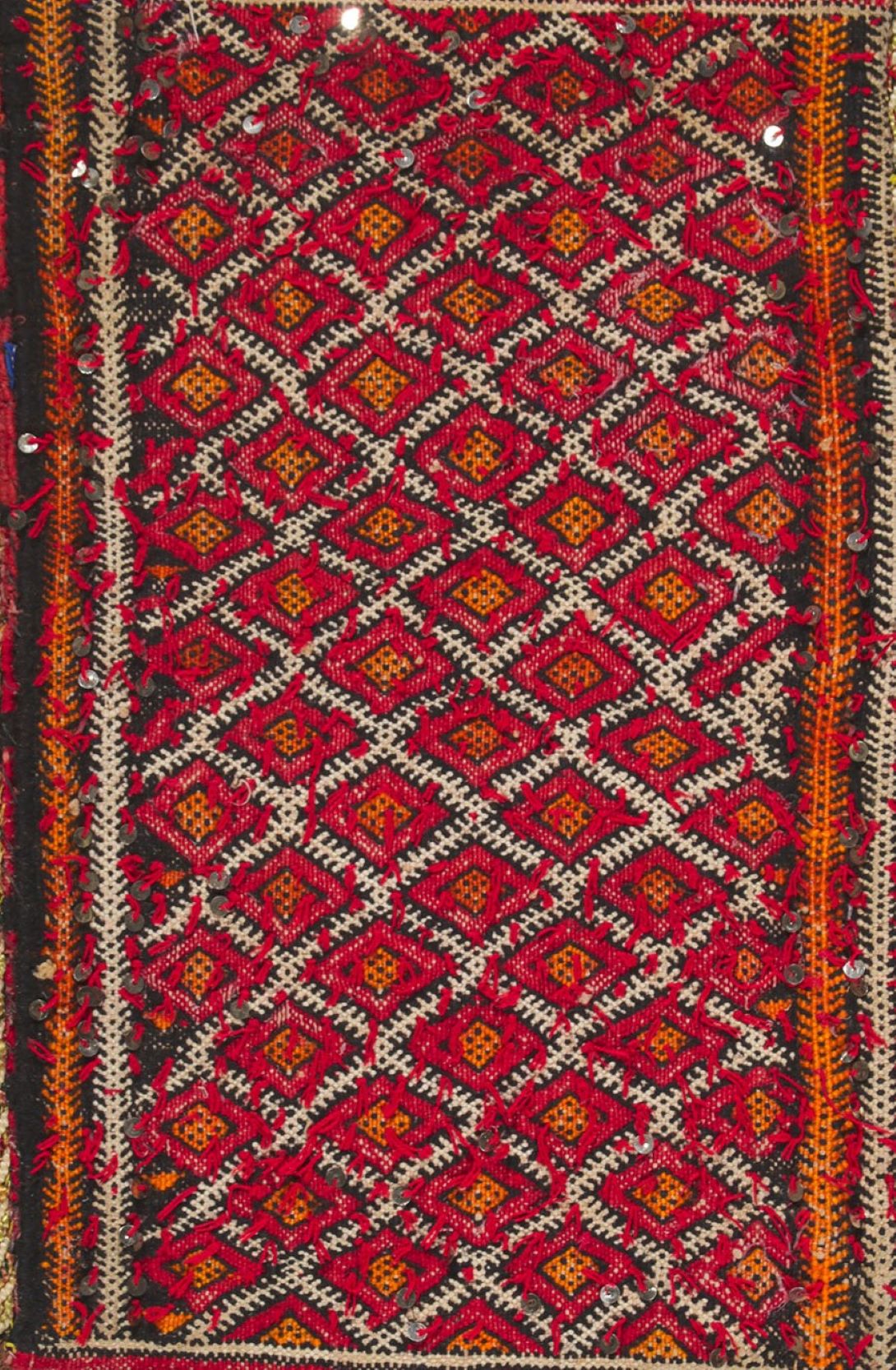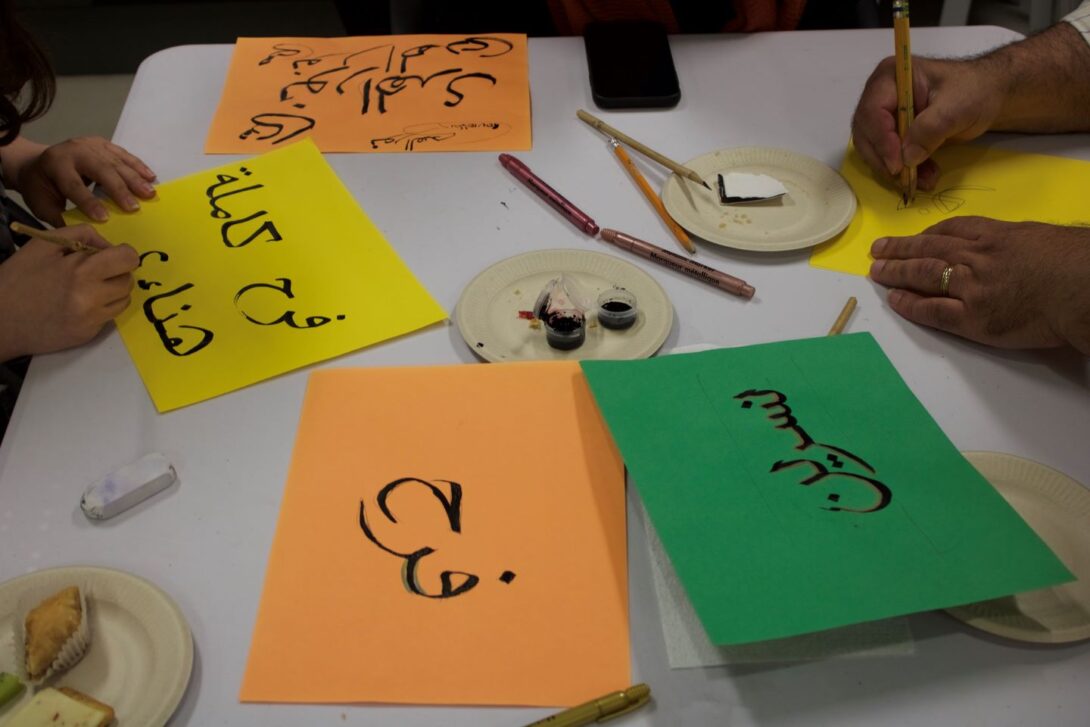Global Middle East Studies Minor

What is Global Middle East Studies?
The interdisciplinary Minor in Global Middle East Studies (GMES) provides insight into the diverse experiences of Middle Eastern and North African communities, within the region and around the world. Combining critical ethnic studies and area studies approaches, the GMES minor provides students with background and analytical tools for the transnational study of the Middle East, North Africa, and diasporic communities from the region. Courses address central themes in GMES, such as religion, language, and culture, through critical examinations of social, political, and economic dynamics. Most of the courses focus on the contemporary global Middle East, but students also have opportunities to learn about the cultural and political history of the region from prehistory to modernity. In addition, the GMES minor provides opportunities for students to participate in community-engaged scholarship. Students will be able to connect with community organizations based in Chicago as well as in the Middle East and North Africa, who are working as change-makers to address pressing social problems.
Inaugural Annual Symposium of Global Middle East Studies
Inaugural Annual Symposium of Global Middle East Studies – Call for Submission – Deadline Feb 10
Why minor in GMES?

Through the Minor in Global Middle East Studies, students will develop the knowledge and skills to:
- Demonstrate general knowledge about the history, culture, and politics that shape the Middle East, North Africa, and its diasporas;
- Apply conceptual and analytical tools to make sense of complex issues related to the Middle East and North Africa regionally and globally; and
- Explain the relationship between key themes in Middle East and North Africa area studies and racial/ethnic studies of diasporic communities.
Students will gain proficiency in some of the most important skills that employers look for, including:
- Verbal communication
- Writing and editing
- Information processing
- Problem-solving
- Persuasive reasoning
GMES Courses
The minor requires a total of 15 credit hours (five courses), including two core courses (6 credit hours) and three elective courses (9 credit hours). Some recommended electives are listed below. Up to 6 credit hours can be double-counted toward both this minor and another academic program.
Core
Core Course #1 (select one) 3 hours
ANTH 245 Anthropology of the Middle East
HIST 278 The Middle East Since 1258
Core Course #2 (select one) 3 hours
GLAS 242 Introduction to Arab American Studies
GLAS 244 Arab and Asian Connections in the U.S. and Globally
Core Course Description
ANTH 245. Anthropology of the Middle East. 3 hours.
Introduces students to social science approaches to the histories, politics, cultures, and contemporary issues of the Middle East using theories and methods drawn from cultural anthropology, human geography, history, and related disciplines. Prerequisites: ANTH 101 and completion of the English composition requirement; or consent of the instructor.
HIST 278. The Middle East Since 1258. 3 hours.
Examines the Middle East and North Africa across the modern period, including the formation of nation-states and incorporation into global capitalism. Students will be introduced to the diversity of this region and the common history that unites it. To be properly registered, students must enroll in one Discussion/Recitation and one Lecture-Discussion. General Education: Past and World Cultures.
GLAS 242. Introduction to Arab American Studies. 3 hours.
Addresses key themes in Arab American Studies: immigration and racism; family, gender, and sexuality; socio-economic class; religious affiliation; arts and cultures; and politics and political activism. Same as ANTH 242. Prerequisite: Grade of C or better in ENGL 161. General Education: US Society and World Cultures.
GLAS 244. Arab and Asian Connections in the U.S. and Globally. 3 hours.
A comparative study of contemporary Arab and Asian communities in the US and around the globe that examines issues of militarism and war; immigration and displacement; racism; and social justice activism. Same as ANTH 244. Prerequisite: Grade of C or better in ENGL 161. General Education: US Society and World Cultures.
Elective
Elective courses 9 hours
- The minor is inherently interdisciplinary, and appropriate electives may be found in a range of units, including History, Gender and Women’s Studies, Black Studies, Sociology, Political Science, Art & Art History, and more.
- Students should work with the program advisor to determine which courses they will take as electives for the minor.
- At least one elective course (3 credit hours) must be at the 200-level or above.
- Students who earn credit for both courses eligible to satisfy a single foundational requirement (e.g., credit for both GLAS 242 and GLAS 244) may count the second course toward the elective requirement.
Elective courses should be chosen in consultation with an advisor. This list is meant to help students identify potentially relevant electives across the disciplines. Prerequisites should be factored in when considering elective options.
AH/CL 209. Near Eastern Art and Archaeology
AH/CL 210. Ancient Egyptian Art and Archaeology
AH/ANTH/CL 466. Material Worlds: Topics in Material Cultural Studies
ARAB 230. Arabic Literature in Translation
ARAB 250. The Heritage of Muslim Iberia
ARAB/MOVI 270. The Reel Arab
BLST/SOC 207. Racism: Global Perspectives
BLST/SOC 407. Comparative Racialization
GWS/ANTH/GLAS 255. Introduction to Middle East and Muslim Feminisms
GWS 409. Women and Gender in the Middle East
HIST/RELS 177. Middle Eastern Civilization
HIST 277. The Middle East To 1258
HIST 477. Topics in Middle Eastern History
POLS/JST 243. Politics and Government of the Middle East
Declare a GMES Minor
You can enroll in the GMES minor easily by filling the form Add/Update LAS Minor Certificate on the LAS Major Minor Advising. All students with majors in any of the University colleges can fill the form.
Additionally, you should meet with the Global Middle East Studies Minor (and Anthropology) academic advisor, Kiki Wessel. GMES Minor currently lives in the Anthropology Department. Academic Advisors can help you declare your minor, ensure you have the right courses, and answer questions. Academic Advisor contact information is also available on the LAS Major Minor Advising website.
To make an appointment, use the iAdvise portal.
To contact the GMES academic advisor directly, email: lasanthadvising@uic.edu.
Advising

Students in the GMES minor will receive academic advising through the LAS Advising Center. Upon declaration of the minor, students will also be paired with one of the professors in the GMES program for regular follow-up. Senior students will act as mentors to incoming students. And the program works closely with the Arab American Cultural Center, particularly its student support program, which provides direct support to students on multiple levels.
If you have any other questions, please do not hesitate to reach out to the GMES team at gmes@uic.edu.